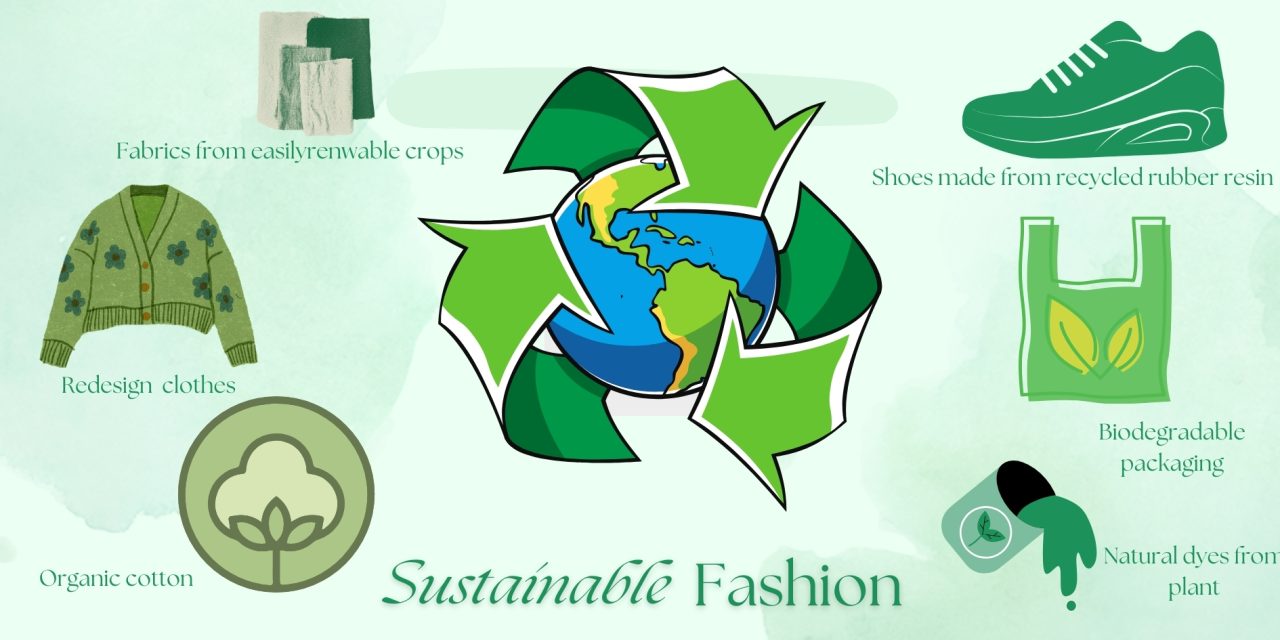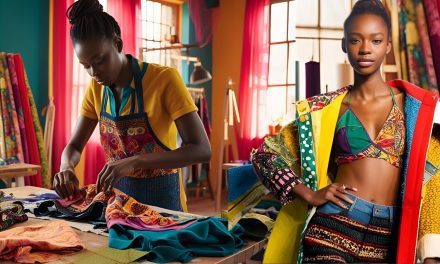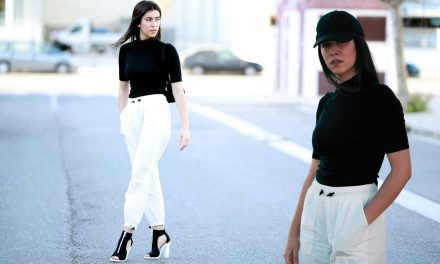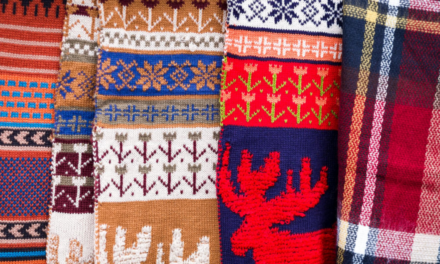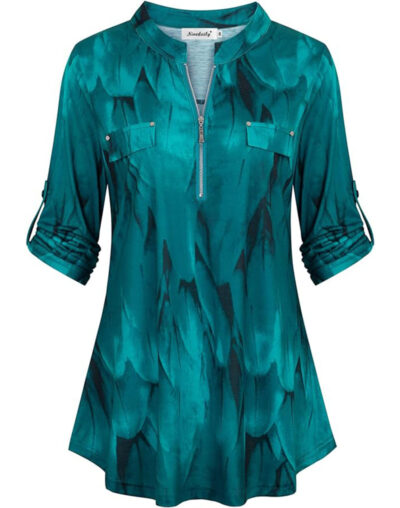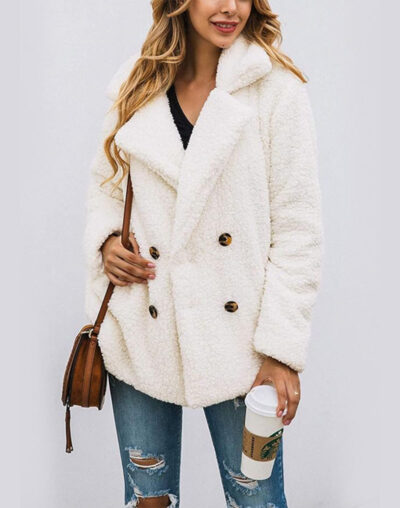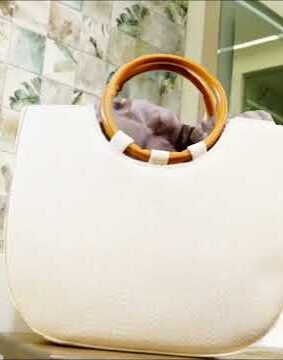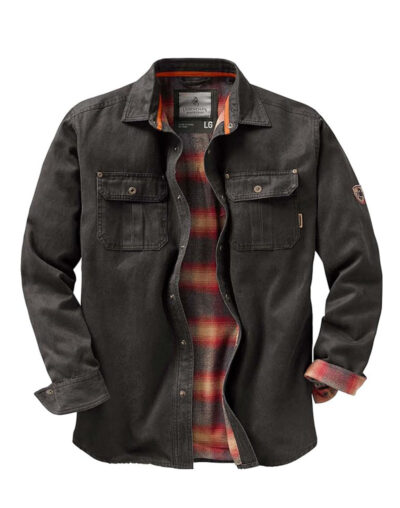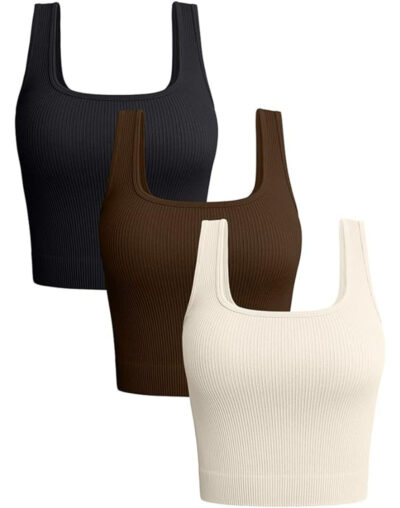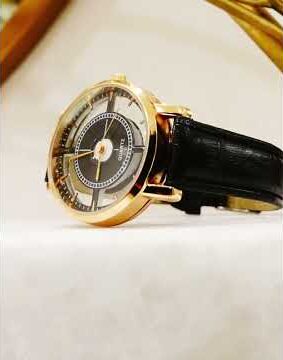The fashion industry is finally cleaning up its act—literally. Once known for its wasteful practices and shady labor conditions, it’s now embracing sustainability like never before. Eco-friendly materials, upcycling, and recycling are becoming the norm as brands scramble to reduce their carbon footprints and keep waste out of landfills.
But it’s not all about Mother Earth. Ethical sourcing and fair wages are making their way into the spotlight, too. Thanks to this, workers are finally being treated with the respect they deserve.
In short, the industry is on a mission to be both stylish and responsible—because who says you can’t look good and feel good about it? This article highlights notable sustainable advancements that are shaping the fashion industry.
How Are Sustainable Innovations Shaping The Fashion Industry?
Reduction of Environmental Impact
The innovations in sustainable fashion are pivotal in reducing the fashion industry’s environmental impact. They do this by contributing to sustainable development and promoting eco-friendly fashion choices.
These innovations drive change by incorporating environmentally friendly materials, which minimizes waste and harmful emissions. Such materials are:
- Organic cotton
- Recycled fabrics
- Biodegradable fibers
Sustainable fashion encourages ethical production practices, fair trade, and transparent supply chains. This empowers consumers to make eco-conscious decisions.
By embracing circularity and innovative design, sustainable fashion fosters a shift towards a more sustainable and ethical industry. This, in turn, inspires individuals to embrace fashion choices that prioritize the planet’s well-being.
Improvement of Working Conditions
Sustainable fashion innovations are driving improvements in working conditions. This is being achieved in two main ways:
- Promoting ethical sourcing practices
- Advocating for fair labor standards within the fashion industry
These innovations prioritize the well-being of garment workers by ensuring the following:
- Safe and healthy working environments
- Fair wages
- Reasonable working hours
The industry is also encouraging responsible production practices by embracing sustainable sourcing. This has helped to reduce environmental harm and support local communities.
The shift towards ethical labor practices fosters positive changes. This happens as consumers increasingly seek out brands that prioritize sustainability and fair treatment of workers.
This is evident of how Integrating sustainable fashion innovations reshapes the industry and fosters a more ethical approach to garment production.
Meeting Consumer Demand for Ethical Fashion
The innovations in sustainable fashion are addressing consumer demand for ethical choices. They also foster sustainable trends and encourage conscious consumption habits among fashion enthusiasts.
These innovative solutions range from sustainable materials such as organic cotton and recycled fabrics to eco-friendly production processes and ethical labor practices.
The growing popularity of second-hand and vintage shopping complements this shift towards sustainability. The rise of rental and clothing swap services is also one of the reasons for this shift.
Consumers increasingly value transparency and accountability. This has led fashion brands to integrate eco-friendly initiatives and ethical considerations into their business models.
Encouraging Sustainable Consumption Habits
Innovations in sustainable fashion are instrumental in encouraging sustainable consumption habits. They also contribute to the ongoing fashion revolution centered around eco-friendly and ethical fashion choices.
These sustainable fashion innovations encompass a wide array of initiatives. They range from using eco-friendly materials and production methods to promoting fair labor practices and transparent supply chains.
By supporting ethical fashion brands and embracing timeless, versatile pieces, individuals can cultivate a sustainable lifestyle. Such a lifestyle aligns with their values and reduces environmental impact.
This shift towards conscious consumption is fostering a more responsible approach to fashion. It’s also influencing consumer behavior and challenging traditional industry norms.
Conclusion
The Green Revolution in fashion is no longer a distant dream but a tangible movement reshaping the industry. Through groundbreaking innovations in sustainable materials, ethical production practices, and consumer-driven demand for transparency, the fashion world is gradually evolving into a more responsible, eco-conscious space.
With consumers playing a pivotal role in this transformation, the ongoing evolution of fashion promises to create a more sustainable, ethical industry—one that is as stylish as it is responsible.
Ready to make a sustainable impact with your wardrobe? Visit You’re In Style to discover eco-friendly fashion choices and join the movement towards a more ethical and stylish future!
